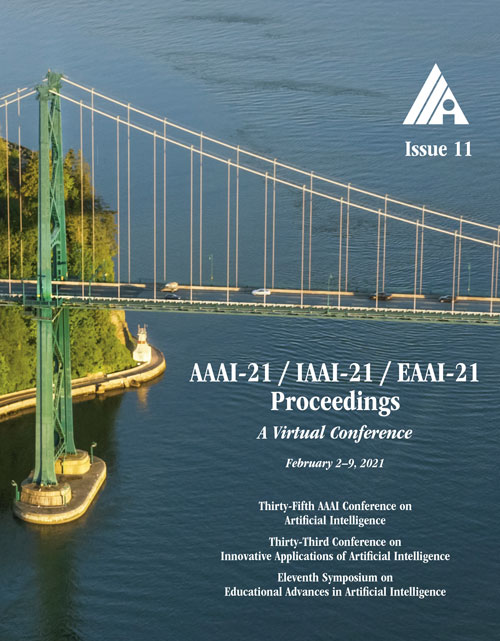Learning with Group Noise
DOI:
https://doi.org/10.1609/aaai.v35i11.17222Keywords:
Classification and Regression, Semi-Supervised LearningAbstract
Machine learning in the context of noise is a challenging but practical setting to plenty of real-world applications. Most of the previous approaches in this area focus on the pairwise relation (casual or correlational relationship) with noise, such as learning with noisy labels. However, the group noise, which is parasitic on the coarse-grained accurate relation with the fine-grained uncertainty, is also universal and has not been well investigated. The challenge under this setting is how to discover true pairwise connections concealed by the group relation with its fine-grained noise. To overcome this issue, we propose a novel Max-Matching method for learning with group noise. Specifically, it utilizes a matching mechanism to evaluate the relation confidence of each object w.r.t. the target, meanwhile considers the Non-IID characteristics among objects in the group. Only the most confident one of the objects is used to learn the model, so that the fine-grained noise is mostly dropped. The performance on a range of real-world datasets in the area of several learning paradigms demonstrates the effectiveness of Max-Matching.Downloads
Published
2021-05-18
How to Cite
Wang, Q., Yao, J., Gong, C., Liu, T., Gong, M., Yang, H., & Han, B. (2021). Learning with Group Noise. Proceedings of the AAAI Conference on Artificial Intelligence, 35(11), 10192-10200. https://doi.org/10.1609/aaai.v35i11.17222
Issue
Section
AAAI Technical Track on Machine Learning IV

